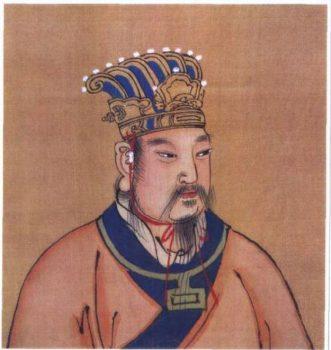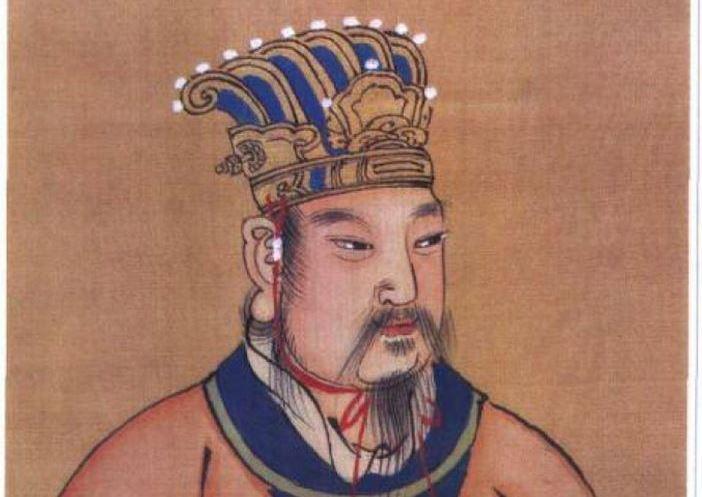A basic tenet of ancient Chinese beliefs was that of filial piety, or caring for one’s parents. Both King Wen and his son King Wu were excellent examples of this ideal.

King Wen of the Zhou Dynastry (1152–1056 B.C.). Public Domain

A basic tenet of ancient Chinese beliefs was that of filial piety, or caring for one’s parents. Both King Wen and his son King Wu were excellent examples of this ideal.
